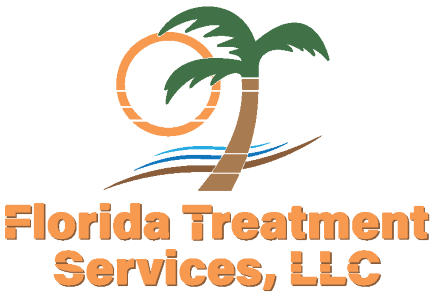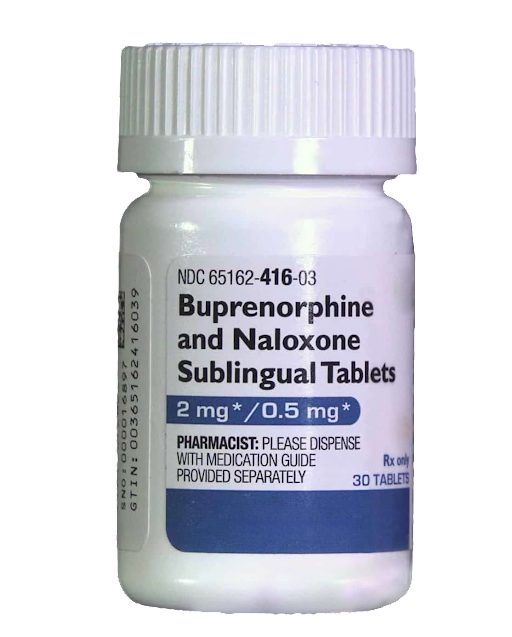Suboxone is the brand name of a medicine used for the treatment of addiction. It is a combination of buprenorphine and naloxone. Buprenorphine is a long-acting opioid agonist, meaning it binds to opioid receptors in the brain without producing the euphoric effect in opioid-dependent people. Naloxone is the generic name for NARCAN, the medicine widely used to reverse opioid overdoses. It is an opioid antagonist, acting to displace opioids from receptor sites in the brain.
Buprenorphine is a powerful pain reliever with a significant potential for abuse that’s been in use since the 1970s. In 2002, Naloxone was added to lessen buprenorphine’s addictive properties. The combination works to blunt cravings and withdrawal symptoms of those recovering from substance use disorders, allowing them to focus on behavioral health therapies and counseling.
Medication-Assisted Treatment Using Suboxone
Suboxone is dispensed as a sublingual, a film that dissolves under the tongue. It comes in four dosage strengths:
- buprenorphine 2 mg/ naloxone 0.5 mg
- buprenorphine 4 mg/ naloxone 1 mg
- buprenorphine 8 mg/ naloxone 2 mg
- buprenorphine 12 mg/ naloxone 3 mg
Doses are administered according to different stages of withdrawal and recovery. The initial dose is given in divided doses at the onset of withdrawal symptoms. Maintenance doses are administered according to whether the patient had been using long-acting or short-acting opioids (oxycodone XR, fentanyl transdermal vs. codeine, hydrocodone, for example).
Suboxone Safety in Medication-Assisted Treatment
Treating Opioid Use Disorder with Suboxone is safe if initially administered in a clinical setting with certified professional healthcare providers. Once a patient has demonstrated stable recovery and compliance, he or she may be able to take the medicine at home between clinical visits. Visits may be once a week at first, then progress to once a month if treatment goals are being met. As with any medication, there may be side effects to using Suboxone. Anyone experiencing serious side effects should immediately seek medical attention.
Common Side Effects of Suboxone Include
- mouth numbness, redness, pain
- headache, dizziness, numbness or tingling,
- drowsiness, sleep problems (insomnia),
- stomach pain, vomiting, constipation,
Serious Side Effects of Suboxone include:
- fainting, fast or irregular heartbeat
- severe dizziness, mood changes: agitation, confusion
- slow or shallow breathing,
- unusual drowsiness, or difficulty waking up
Florida Treatment Services is a Medication-Assisted Treatment (MAT) program offering low-cost onsite medication dispensation at convenient locations throughout Central Florida with no wait times and a friendly, experienced, professional staff. If you or a loved one is considering addiction recovery, call 407-783-6273 today.

